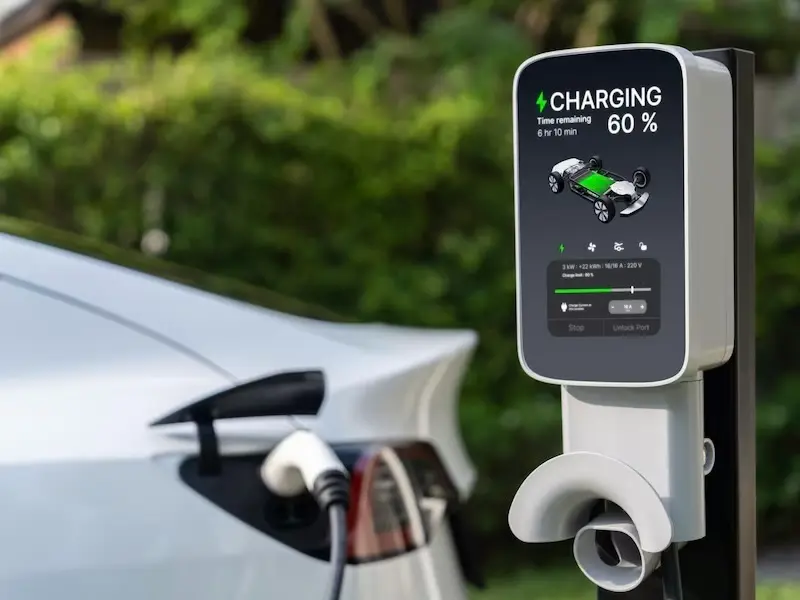- SK On declares a crisis due to disappointing EV sales and increased net debt, prompting CEO Lee Seok-hee to implement emergency cost-cutting measures.
- Despite aggressive investments, SK On faces challenges with project delays and extended shutdowns, while considering a merger with SK Group’s energy affiliate, SK E&S, to stabilise finances.
OUR TAKE
SK On’s crisis highlights the fragility of the EV market, miscalculations in demand, and reliance on optimistic forecasts. Analyst Tim Bush criticises U.S. automakers’ failures, while a potential merger underscores desperation. This situation serves as a wake-up call for the EV industry to rethink strategies and innovate.
–Jasmine Zhang, BTW reporter
What happened
South Korean EV battery maker SK On has declared a crisis due to disappointing EV sales in Europe and the U.S., leading to consecutive losses and increased net debt. CEO Lee Seok-hee announced cost-cutting measures, citing “emergency management.”
Despite aggressive investments in the U.S. and Europe, SK On faces challenges with extended shutdowns and project delays. The company is considering merging with SK Group’s energy affiliate, SK E&S, to stabilise finances. Chinese competitors Ningde Times and BYD dominate the market, while U.S. automakers’ lacklustre EV production has disappointed Korean battery makers.
Tim Bush, a battery analyst at UBS in Seoul, believes SK On’s future remains secure if supported by SK Group, despite current struggles.
Also read: SK Hynix will invest $75B in AI and chips by 2028
Also read: Lexus confronts chip shortage crunch: Production woes revealed
Why it’s important
SK On’s declaration of a crisis exposes the fragility of the electric vehicle (EV) market. Despite massive investments and ten consecutive quarters of losses, the South Korean battery maker is now facing an “emergency management” situation. This highlights a significant miscalculation in anticipating the demand for EVs in Western markets.
Tim Bush, a battery analyst at UBS, points out that South Korean battery makers are “very disappointed” with U.S. automakers’ failure to produce affordable, high-quality EVs. The overreliance on optimistic sales forecasts and generous pricing terms has backfired spectacularly.
More alarmingly, the potential merger with SK Group’s energy affiliate underscores the desperation to stabilise the business. This isn’t just a corporate crisis; it’s a wake-up call for the entire EV industry. Without a radical shift in strategy and innovation, the ambitious vision of a fully electrified future might remain a distant dream. SK On’s plight should be a cautionary tale for the sector.

